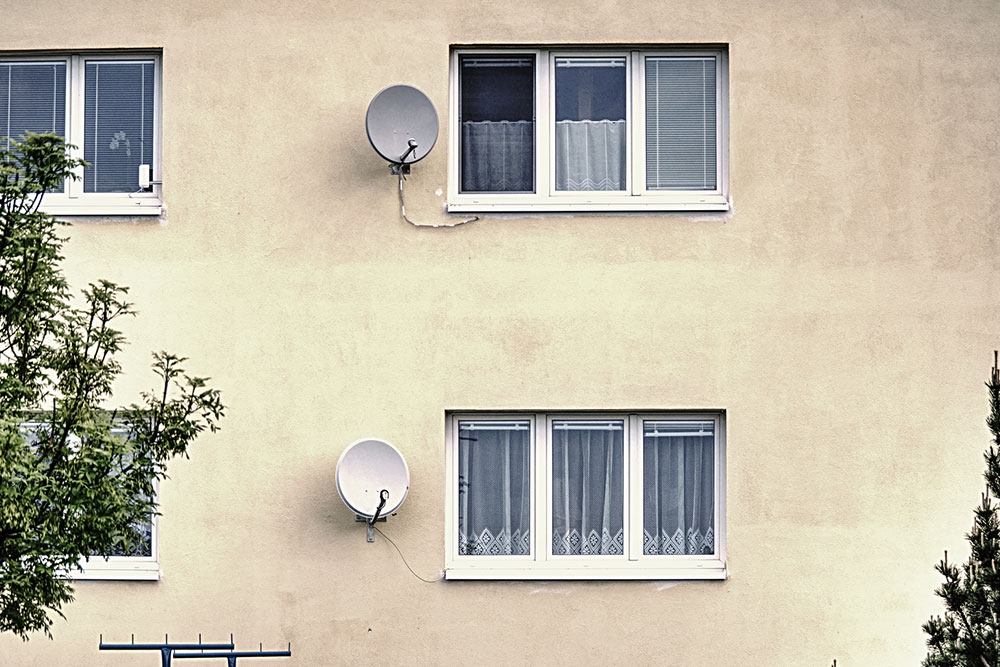Key Factors that Influence the Cost of Flats in Mumbai
Mumbai is a dream destination for many in terms of jobs and standard of living. People who migrate to the city are in for a shock when they check out the price of houses. Mumbai is known for extremely expensive real estate properties. The prices of 1, 2, and 3-BHK apartments are unbelievably high, making it challenging for people to purchase flats. Multiple reasons converge to take the prices of Mumbai homes beyond exorbitant levels.

1. Location
People usually pay close attention to the location of a property, which is a common factor that could determine the cost. It may improve one’s overall comfort and increase the flat’s resale value. A flat surrounded by greenery, close to employment hubs, and featuring well-developed infrastructure is usually more expensive than those situated far from social amenities. Even their proximity to schools, hospitals, and shopping centers can increase the prices. Centrally located areas like Worli, Andheri, Malabar Hill, Juhu, and Bandra have a higher flat price tag than other areas. For instance, the average property price in Bandra, which is known for its high living standards and is near Bandra Kurla Complex, which is Mumbai’s leading business district, is around 57,000 INR per square foot. In comparison, more affordable localities may cost around 17,000 INR per square foot.
2. Amenities
Living in Mumbai has become more about living a lavish lifestyle with the best-in-class amenities rather than requiring a simple roof over the head. Therefore, the price of a flat in a complex will be determined by the amenities inside. These may include fitness centers, swimming pools, landscaped gardens, and community halls. Additionally, gated communities with complex security systems help increase the safety of a complex, which will also influence and drive up the price of a flat. A developer usually collaborates with designers to create spaces that cater to the ever-changing requirements and lifestyle of urban residents.
3. Construction
The quality of construction is another contributing factor that may influence the cost of flats in Mumbai. For example, materials like marble flooring, glass walls, terracotta roofs, copper, and high-quality steel may drive up the price of a property. Additionally, other construction elements, such as fixtures used in premium homes, are usually of higher quality, which will increase the cost of the flat. Ultimately, the materials used in the construction of flats help improve the overall aesthetic, which will subsequently boost its monetary value.
4. Layout
Each flat in Mumbai, including those in an apartment complex, can feature a different configuration and size, which might affect the price. For example, if an individual looks for a 1BHK flat for sale in Mumbai, they are generally looking for a smaller apartment with a cover of an area of about 400 to 600 square feet. A 2BHK for sale may offer up to 700 square feet, while a 3BHK may offer up to 900 square feet cover of area. Once again, these figures will differ based on factors like the location of the property.
5. Market trends and economic factors
The price of any property, including those in Mumbai, might be influenced by market trends and economic factors. Inflation, GDP growth, interest rates, and government policies may impact the cost of the real estate market. By tracking these factors, one could understand their influence on the real estate appraisal in Mumbai, make a strategic decision, and invest in a flat accordingly.
6. Urbanization and scarcity of space
The population density of Mumbai goes hand in hand with the limited availability of space. The lack of land has resulted in a vertical expansion, which means more high-rise buildings in each locality. With the demand for housing creeping up by the minute, apartments in the city have become more inclined to utilization of space rather than sprawling layouts. Additionally, the balance between offering adequate living space and maximizing returns on land investment plays a vital role in determining the price of the flat. Therefore, even with the lack of space, urbanization may influence the price. And this is usually an upward trend.
7. Developer’s reputation
A developer’s reputation may also play a pivotal role in the price of each flat. For instance, a reputed developer with a superior track record, such as completing projects on time, using quality materials, and following all safety guidelines, will usually charge more for the property than lesser-known realty firms. A project from a renowned developer is usually in higher demand. An individual may also be willing to pay the higher price because of the assured aesthetically designed apartments.
8. Regulations and government policies
Potential buyers should note that the regulations and other government policies in each area of Mumbai may influence the price of a flat. The city has strict development rules that impact the scale and scope of construction projects, such as the Floor Space Index (FSI) limitations. Additionally, government policies like the Goods and Services Tax (GST) and stamp duty rates may influence property prices. Government initiatives like the Mumbai Development Plan 2034 aim to balance urbanization with sustainable growth, which may influence property values in the coming years.